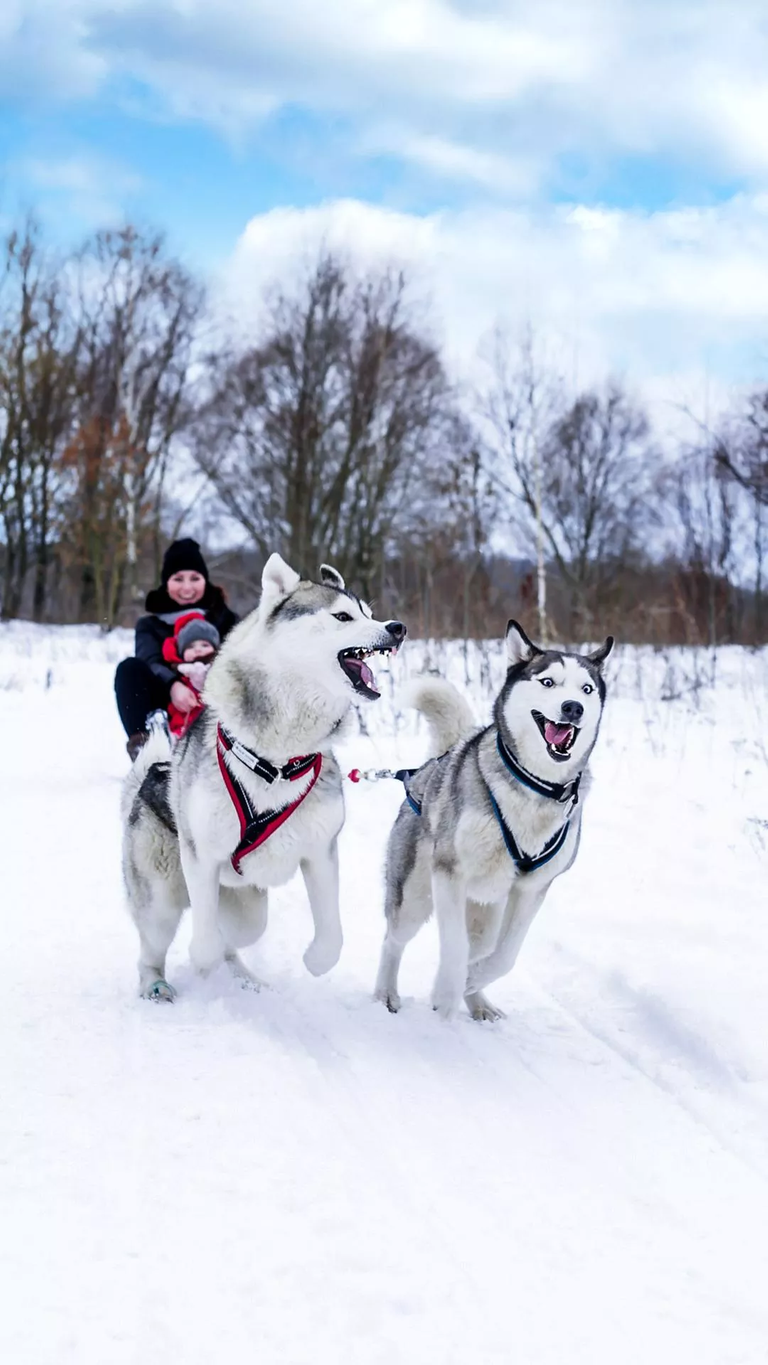
Hello everyone! Today, our hazard Identification is "Temperature".
Temperature is the measurement of difference in the thermal energy of objects or the environment, which the human body senses as either heat or cold. Examples include: Open flames, ignition sources, hot or cold surfaces, liquid or gases, steam, friction and general environmental and weather conditions.
Temperature is an energy source that is both useful and dangerous, depending on its operating conditions. Too high temperature can lead to undesired medical conditions and fire; while too low temperatures can lead to health conditions such as hypothermia and pneumonia.
.jpg)
HIGH TEMPERATURES
Generally, high temperature is not good for our body. At temperature range between 32˚C and 40˚C, one can begin to experience heat cramps and exhaustion. Temperatures in excess of 54˚C will most likely lead to heatstroke.
Some heat-related hazards include:
• heat exhaustion
• heatstroke
• muscle cramps
• heat swelling
• fainting
.jpg)
PREVENTION
To prevent these hazards, you are advised to stay well hydrated at all times. Drink enough fluids and don’t rely solely on your thirst to determine when to drink water. One of the ways to know if you have enough fluid (water) in your system is by monitoring your urine. A light-colored or clear urine indicates a well hydrated body system. When you lose a lot of fluids or sweat profusely, be sure to replace the lost fluids as well.
As popularly said, “there is no bad weather; what you have is bad dressing”. Ensure to always wear clothing that is apt for your environment. Too thick or too loose clothing can quickly cause you to become overheated. Endeavour to remove excess cloting or loosing up when you feel too hot. Try to avoid places that can get extremely hot, such as inside cars. Do not leave another person, child, or pet, locked up even for short periods of time when there is no cooling system on.
.jpg)
AT-RISK FACTORS
The following are some factors that can cause people to be at higher risk of high temperature-related hazards:
• Younger than 4 or older than 65 years of age
• Rapid weather changes from cold to hot or vice versa
• Overweight
• Drugs (e.g cocaine) addiction and abuse.
• exposure to a high heat index (measurement of both heat and humidity)
LOW TEMPERATURES
.jpg)
As with high temperatures, extremely low temperature is not good for your body as well.
Some low temperature -related hazards include:
• hypothermia
• cold-induced hives
• frostbite
• chilblains
• trench foot (or “immersion foot”)
PREVENTION
To prevent low temperature related hazards, take one or more of these measures:
• wear multiple layers of clothing
• avoid drinks with alcohol or caffeine
• remain inside near a source of heat
• wear a hat, head warmer, or something similar on your head to retain heat and gloves on your hands
• use lotion and lip balm to prevent dryness of your skin and lips
• bring extra clothes to change into in case you get damp or wet
• wear sunglasses when it’s snowing or extremely bright outside to avoid snow blindness
.jpg)
AT-RISK FACTORS
The following are some factors that can cause people to be at higher risk of low temperature-related hazards:
• Younger than 4 or older than 65 years of age
• exposing skin to extremely cold temperatures, especially when exercising and sweating
• Dampness or wetness in cold temperatures
• Consumption of alcohol, caffeine, or tobacco
• Dehydration
As you carry out your duties today both at home or in your work place, especially in high risk job environments like offshore drilling rigs and construction sites, be mindful of temperature-related hazards. Always ask yourself "what if?" "How can I get hurt in the task I'm currently carrying out?" Be very conscious of your environment. Train yourself to have a high sense of situational awareness.
"STAY ALERT, AND STAY ALIVE!"
-Shalom!
Reference: (eLCOSH : Chevron's Dropped Object Prevention Program)
Google images
Healthline
I hope you found this piece of information useful. If you did, please UPVOTE , RESTEEM and FOLLOW ME for more.
@nathanieloamhen (NEBOSH™ certified Occupational Health and Safety practitioner)
Join Steemitcircle on Telegram and connect with other Steemians. https://t.me/joinchat/E66mpkaKUQtOjrxc_q7MYg


@originalworks
Curious?
introduction post
Check out the great posts I already resteemed.Resteemed by @resteembot! Good Luck! The @resteembot's Get more from @resteembot with the #resteembotsentme initiative
Hey! I just upvoted you. Nice post!
Nice post
Very useful tips.. Almost froze in a reading room well air conditioned because i was clad in jeans and a very light blouse
click here! , TeamMorocco! .
STEEM Price : 4.873 $ ID : 1516609545000This post received a 1.02% upvote from @morwhale team thanks to @nathanieloamhen! For more information,
What are chillblains I live in Canada, one of the harshest parts of this nation and I have had many many cold climate days where the temps drop below -40 C and I still have never heard of chillblains.
Now you know. You can learn more about chilblains from here: https://www.mayoclinic.org/diseases-conditions/chilblains/symptoms-causes/syc-20351097
This post is resteemed and Upvoted by @superbot
Follow me first and then Transfer 0.100 Steem/Steem Dollar and the URL in the
memo that you want resteemed and upvoted + Get Followed by @superbot & 1 Partner Account .
So don't waste any time ! Get More Followers and gain more Visibility With Superbot
1000+ Followers !
If you would like to support this bot , Please don't forget to upvote this post !
Stay Super !
Nice post
Good post
this is a good warning which I will have to adhere to thanks for sharing
@steem-untalented
Informative
Great tips, bro @nathanieloamhen. Must have taken a lot of doing from ya.
Nice
Your post was very informative but just like @jaichai did, you can add a fun fact to your post to make it more interesting.
Thanks for enlightening us on these important tips. @nathanieloamhen